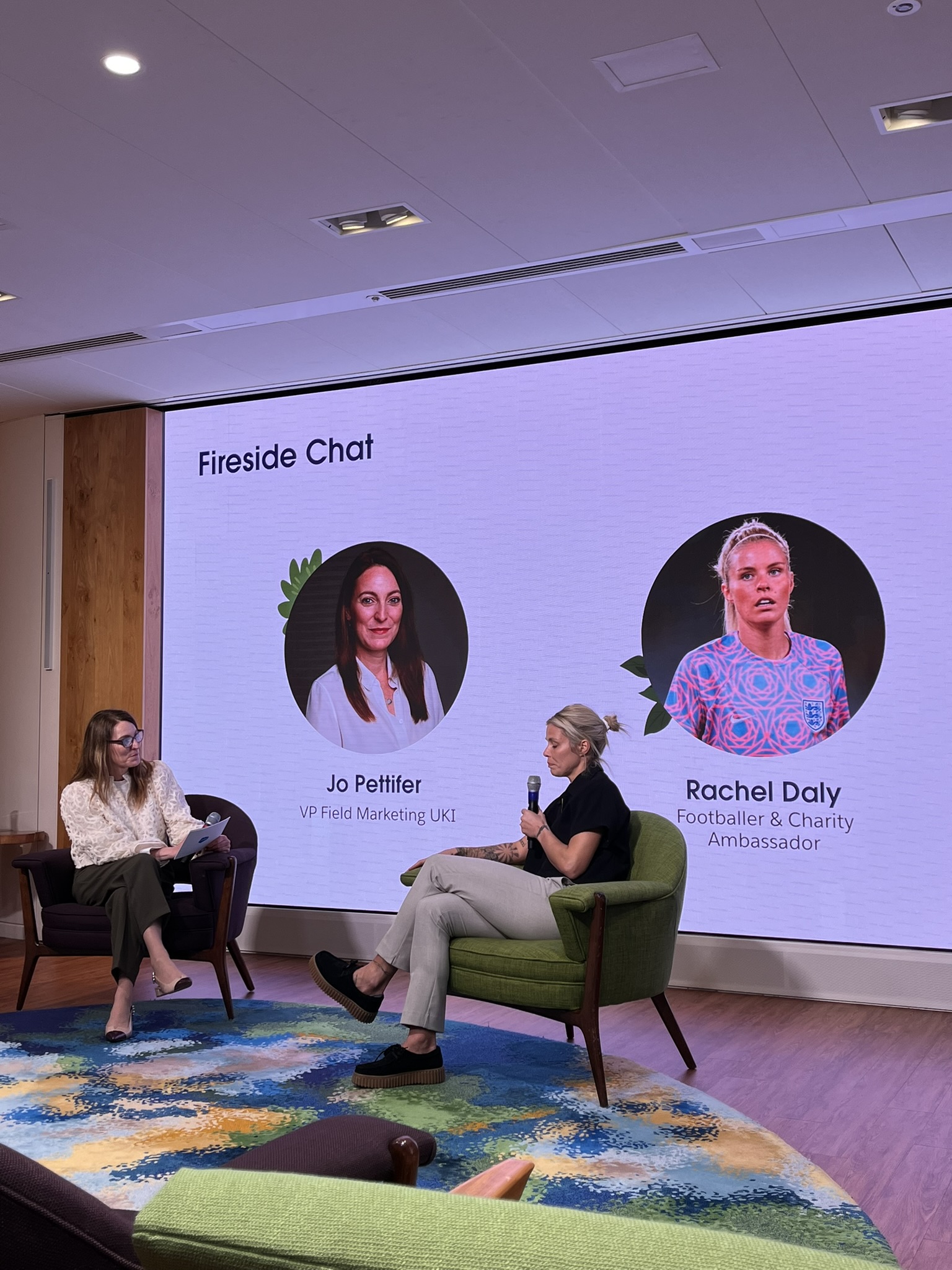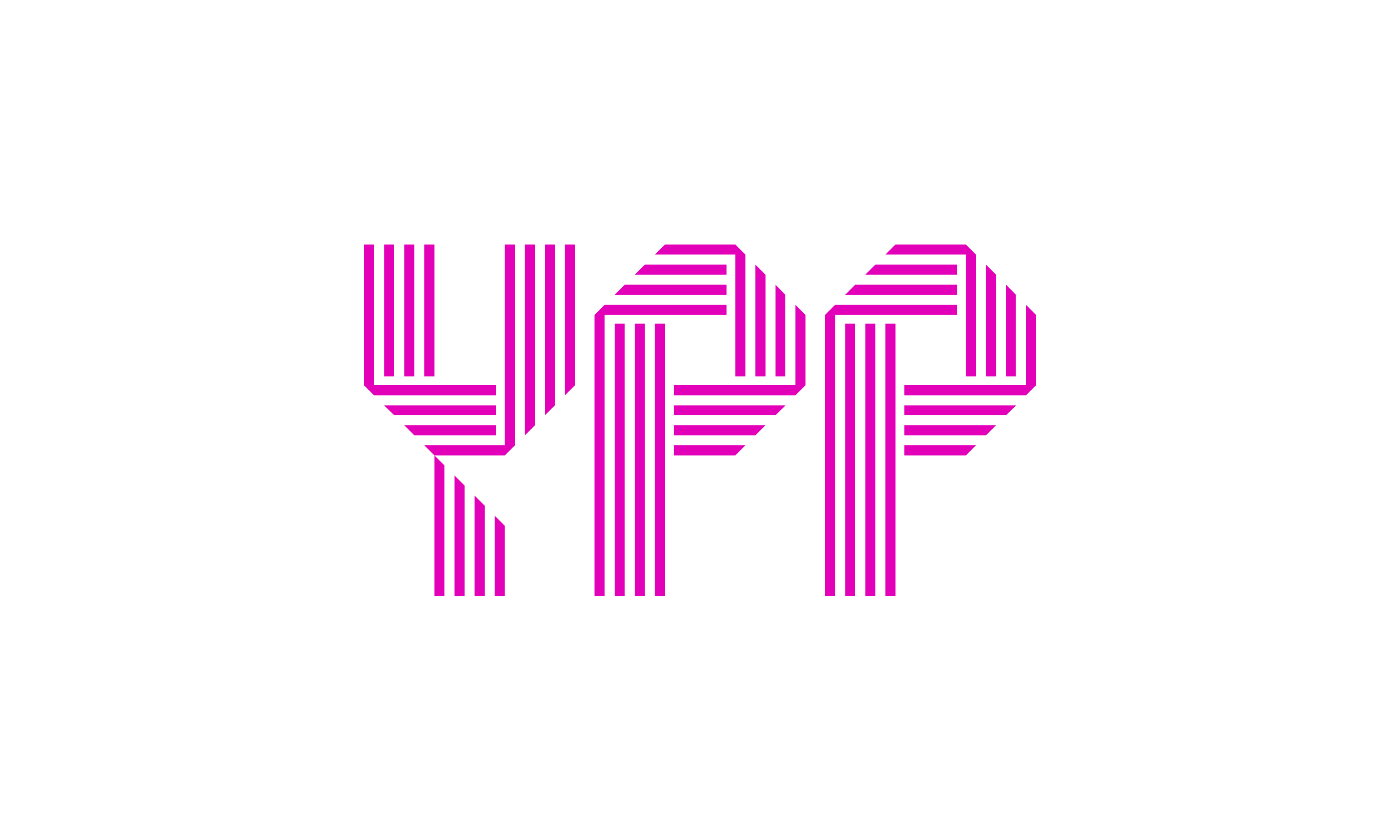So what are these Common CRM Pitfalls and how can you avoid them?
Setting Unclear Purposes
One major reason CRM projects flop is simple: unclear goals. Imagine trying to bake a cake without a recipe; it’s either going to be too bland or way too complicated. The same goes for CRM. If you don’t set clear objectives and convey the CRM’s importance to your team, they’ll likely stick to their trusty old Excel sheets and wonder, “Why bother?”
Tip: Gather feedback from leadership, list key problems, and rank them by urgency. Whether you need workflow automation or better data search, make sure your goals are clear.
Failure to Acknowledge What’s Gone Wrong
Ignoring CRM problems is like ignoring a leaky roof; it won’t fix itself. Many avoid addressing mistakes during the CRM planning phase because it’s uncomfortable. But sweeping issues under the rug only leads to bigger, more costly problems down the line.
Tip: Address issues head-on. Adjust your plan as needed but be aware that fixes become pricier the longer they’re ignored.
Poor Change Management Leading to CRM Adoption Challenges
Change is hard. If your team doesn’t buy into the CRM vision, they’ll resist. Think of it like introducing a new board game; without explaining the rules and showing the benefits, no one will want to play.
Tip: Make sure your team understands how the new system will make their lives easier. Show them the benefits to get their buy-in.
Viewing CRM Implementation as a Purely Technical Initiative
Many assume CRM is solely an IT task. Picture a football team relying only on their goalkeeper; it just doesn’t work. IT plays a supportive role, but the primary drivers should be the business problem owners—department managers and leadership.
Tip: Involve key stakeholders early and often. They provide crucial insights and help ensure the CRM addresses real business needs.
Opting for ‘Big Bang’ CRM Implementation Rather Than Staged One
A “Big Bang” approach to CRM implementation is like trying to eat an entire wedding cake in one sitting—it’s overwhelming and likely to cause a mess. Rolling out the new system to all departments at once can lead to resistance and costly redesigns.
Tip: Implement in stages. Start small, gather feedback, and scale up.
CRM Data Issues: Poor Hygiene
Data is the lifeblood of your CRM system. Imagine your CRM as a luxurious mansion; it’s useless without furniture (data). Poor data hygiene—duplicates, fragmented info—can turn your dream home into a cluttered mess.
Tip: Clean and organise your data before migration. Use tools ranging from Excel to advanced Salesforce applications for the job.
Inefficient Post-Implementation
CRM is a journey, not a destination. Think of it as tending a garden; even after planting, you need to water, weed, and watch for pests. Similarly, your CRM needs ongoing updates and monitoring.
Tip: Regularly analyse your CRM metrics to make necessary adjustments and maximise efficiency.




